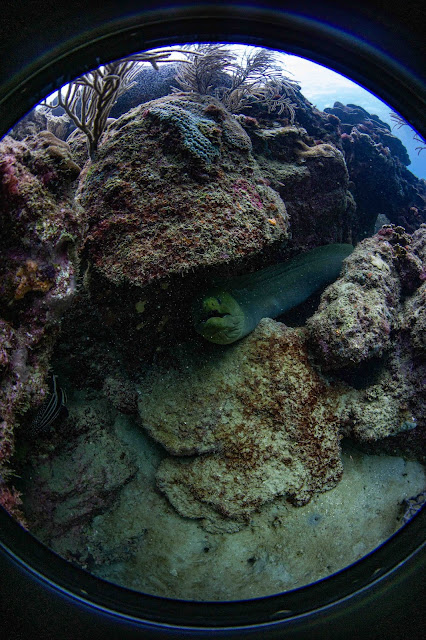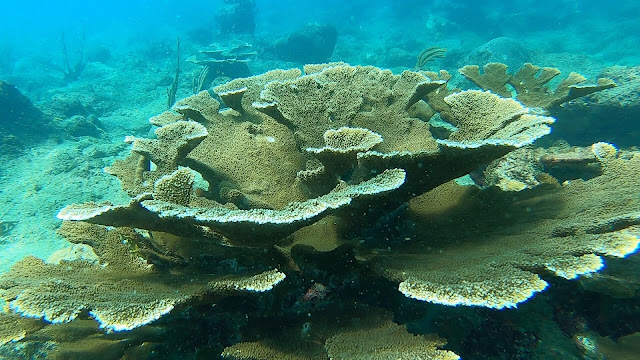Diversification and divestment of fossil fuels
The tide is turning from fossil fuels to renewables. Will we
catch the wave at the crest, or be caught in the undertow. Dr Anjani Ganase
makes the case for Trinidad and Tobago to be in the forefront of renewables.
Trinidad
and Tobago, like many countries around the world, is largely dependent on
fossil fuels as its source of energy; but unlike many countries, we also rely
on fossil fuels to drive our economy. For two generations, about 50 years, oil
and gas supported our economy and this source of energy also seeded employment
and innovation in the fossil fuel technology that has resulted in the
successful liquid natural gas (LNG) driven economy over the recent 20 years.
Today,
LNG is still the biggest earner for Trinidad and Tobago. T&T is, therefore,
in an especially vulnerable position, as the world is forced to consider a
future of alternative energy sources to save our planet and us from the
devastation of climate change. The true cost of burning greenhouse gases
globally is already being seen in the ravaging of natural ecosystems – mass
die off of coral reefs, melting arctic ice caps and species extinction. We also
must expect industries and livelihoods to be affected from droughts, wildfire,
hurricanes, even the mass migration of climate refugees.
With
the exception of some loss of habitat to put infrastructure in place, renewable
energy does not contribute to air or ocean pollution as much as fossil fuels.
164 countries around the world have already pledged to increase the renewable
energy targets to reduce the global carbon footprint. Some of the largest
economies and polluters in the world, such as China, are quickly transitioning
to renewables, namely hydroelectricity and solar power. Yet, even with all the
pledges, the world is still on track to reaching 2.7 degrees warming by the end
of this century with devastating consequences.
T&T
is ranked the sixth country in the world most dependent on fossil fuels; and in
a future where countries are diversifying energy resources; we are under
pressure to disconnect ourselves from fossil fuels as a source of energy and
our major source of income. Any alternative energy source needs to have low
environmental impact but must also be affordable. The installation of renewable
energy machinery will reformat our local infrastructure. While fossil fuels can be pumped
up to the surface and transported long distances, this is not the case for renewable
energy. From the source – solar, light, hydroelectricity – the energy being harnessed
at that point immediately goes into a power grid. You cannot export and trade
this power. However, there are advantages to having a decentralised form of
energy, especially for rural development.
Progress
requires energy consumption and remote locations tend to be more limited in
their access to energy and technology. Now, these communities can independently
connect to solar panels or wind turbines. The presence of renewables will not
only power the community, but it will also provide access to the
technology and infrastructure that will improve livelihoods, education and
employment. Think about outpost towns in Parlatuvier or Manzanilla, Moriah or
Toco, commuting and dependent on jobs miles away and how they can
benefit from renewable solar or wave energy industries in their backyard.
Renewable energy will not only power the grid but will also advance
innovation in Trinidad and Tobago, in the same way the fossil fuel industry and
many manufacturing opportunities did.
Unfortunately
the window of opportunity is closing rapidly. Renewable energy targets are set
for 2030, which leaves little time for Trinidad and Tobago to become a pioneer
in the field. Imagine Trinidad and Tobago specialising in the establishment of
renewable energy infrastructure for small-island developing states. If we lag
in regard to the research and development surrounding renewables, we will lose
the opportunity to make ourselves marketable in a world that is certainly going
in this direction. We are in a better position that most other Caribbean
nations to outfit ourselves with renewable energy and technology that will
build the local economy, even as we continue to export natural gas to subsidise
the cost of this transition. We have the infrastructure and the able work force
that can be adapted to the renewable energy industry; all we need now is the initiative from the government and public private partnerships for investment.
Essentially the divestment from fossil fuels will stir diversification.
 |
| Surely, an island with year-round sun, surf and wind energy could supply its needs without fossil fuels. (Photo by Pat Ganase) |
So
why aren’t we going full speed into investment in renewable energy?
Unfortunately
the fossil fuel industry has a monopoly of the energy market in T&T,
largely supported by the subsidies granted by the government. These subsidies
make it impossible for renewables to be competitive in the local market. As a
producer of oil and gas, this is understandable, yet when we consider the
threat of climate change there is an urgent need to open up the market for the
development of renewables. Trinidad and Tobago has only made a commitment for a
10 % renewable energy target by 2021, compared to the more ambitious targets by
our Caribbean neighbours, many greater than 50 %. There needs to be some
government support through incentives that promote research and development around
renewable energy.
Imagine
powering a village like Castara with solar panels, or more ambitiously a wind
farm for Scarborough. What about a floating solar farm in the Gulf of Paria
that powers the grid for Port of Spain, and wind and solar farms in the central
plains. Imagine wave turbines along the Atlantic coasts of Trinidad and Tobago.
Imagine the job opportunities these would bring, the technology and the
business of other island nations who wish to do the same. It’s more than an
alternative source of energy; here is the opportunity for diversification of
our economy in a climate sensitive world.


